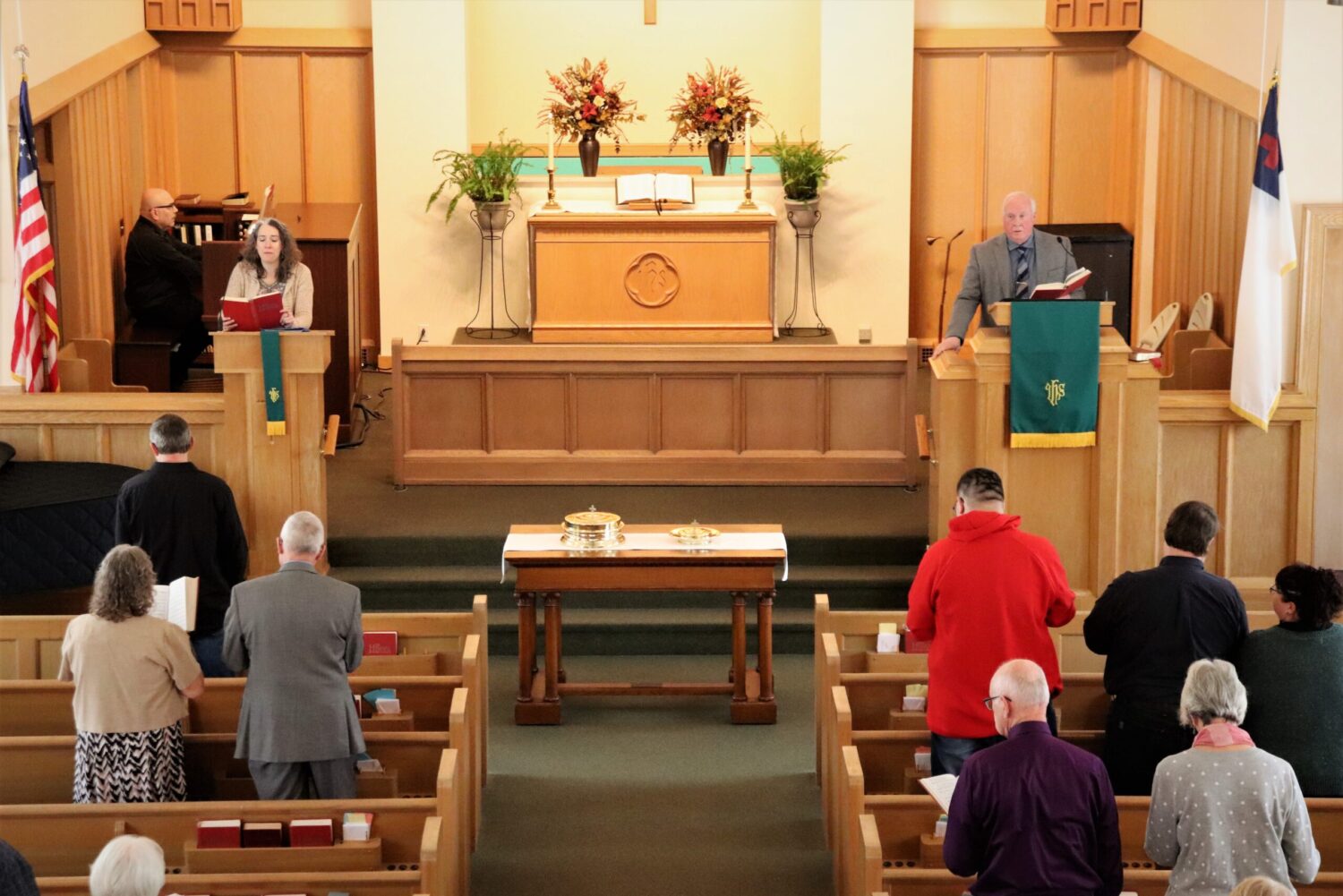We don’t hear the word “merry” used very much from January to November. But, right after Thanksgiving, we will hear that word used a lot. Followed, of course, by “Christmas”. Have you noticed that we say, for example, “Happy Birthday”, or “Happy Mother’s Day”, but we say “Merry Christmas”?
Based on some basic research I did it appears that, historically, the first written record of Merry Christmas was in 1534. After that, it appears, ‘happy’ and ‘merry’ were used interchangeably until sometime in the 18th century when ‘merry’ became the more popular adjective for Christmas. That was likely because of the popularity of Charles Dickens A Christmas Carol.
In 1971 John Lennon (and Yoko Ono) released the song “Happy Christmas/War is Over”. But even though John Lennon was, well, John Lennon and that song was pretty popular, the most popular phrasing remains “Merry Christmas”.
The phrase “Happy Holidays” has been around since the 1860s but was made famous by Irving Berlin in 1942. During the late 1970s, and gaining momentum in the 1980s, political correctness in speech made “Happy Holidays” the greeting of choice for many businesses and corporations.
Because words convey meaning, and changes to wordings can imply changes in meaning, many Conservative Christians pushed back against the usage of “Happy Holidays”, encouraging boycotts of stores that required their associates to use it, for example. But I wonder if the concern over semantics really is in keeping with the meaning of the season.
The Scriptures tell us that, “when the fullness of time had come, God sent forth his Son, born of woman…” And that is what we are commemorating, celebrating. So, I say to all, regardless of how you convey the greeting, take time to reflect on and to truly celebrate the fact that God loves us enough to provide for us a Savior, who is Jesus Christ.
